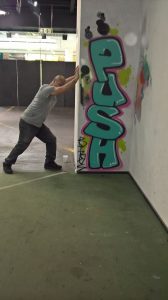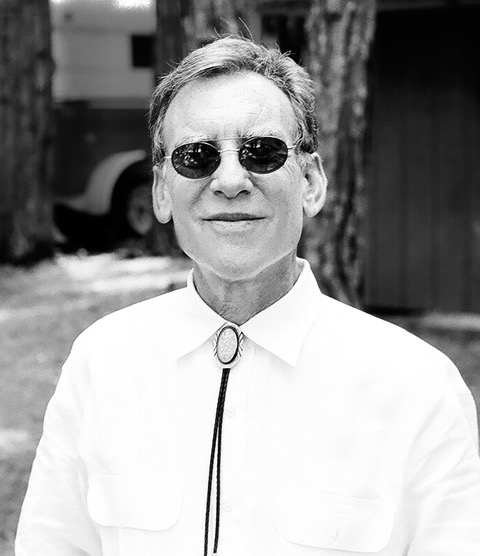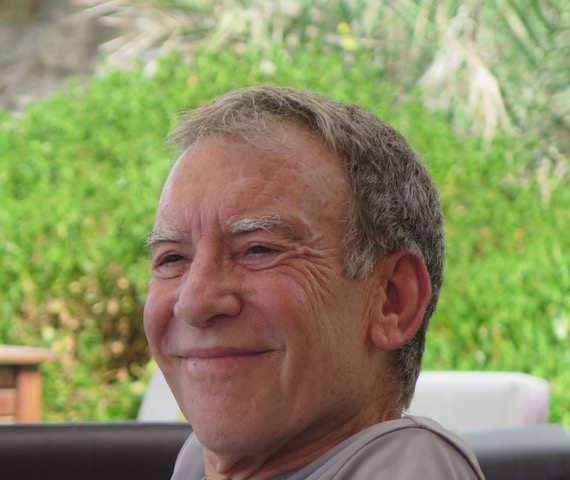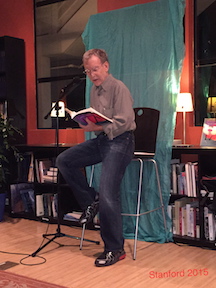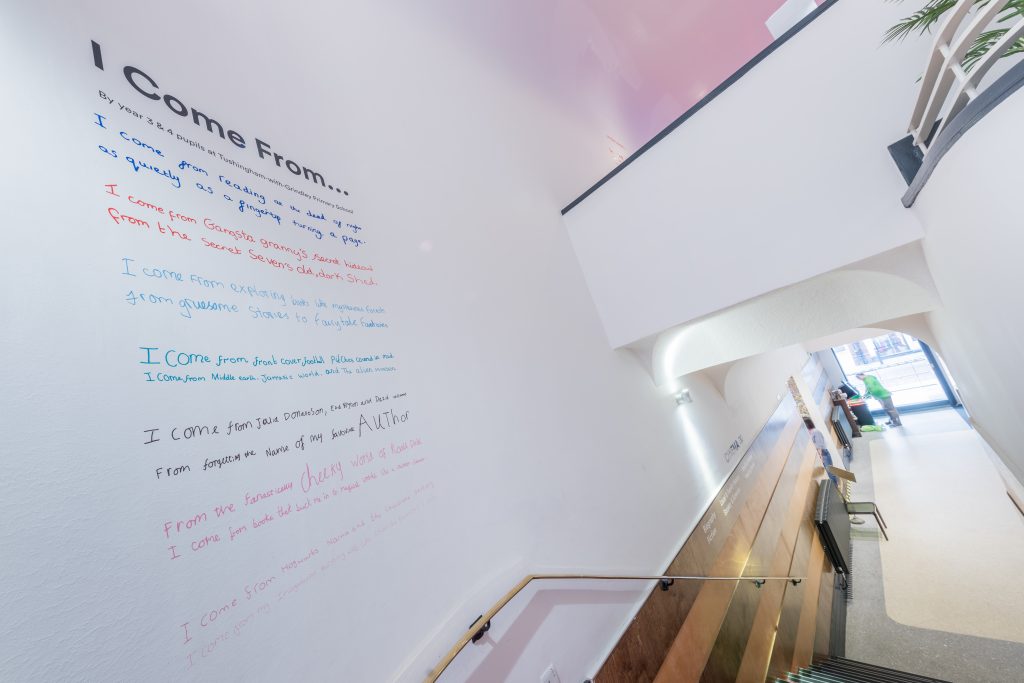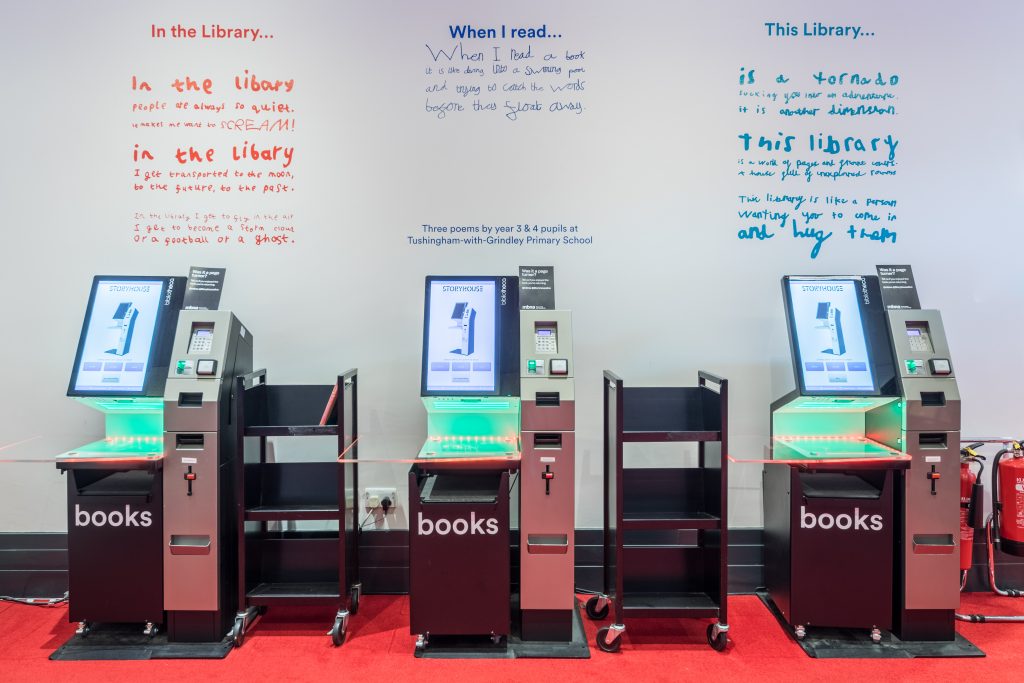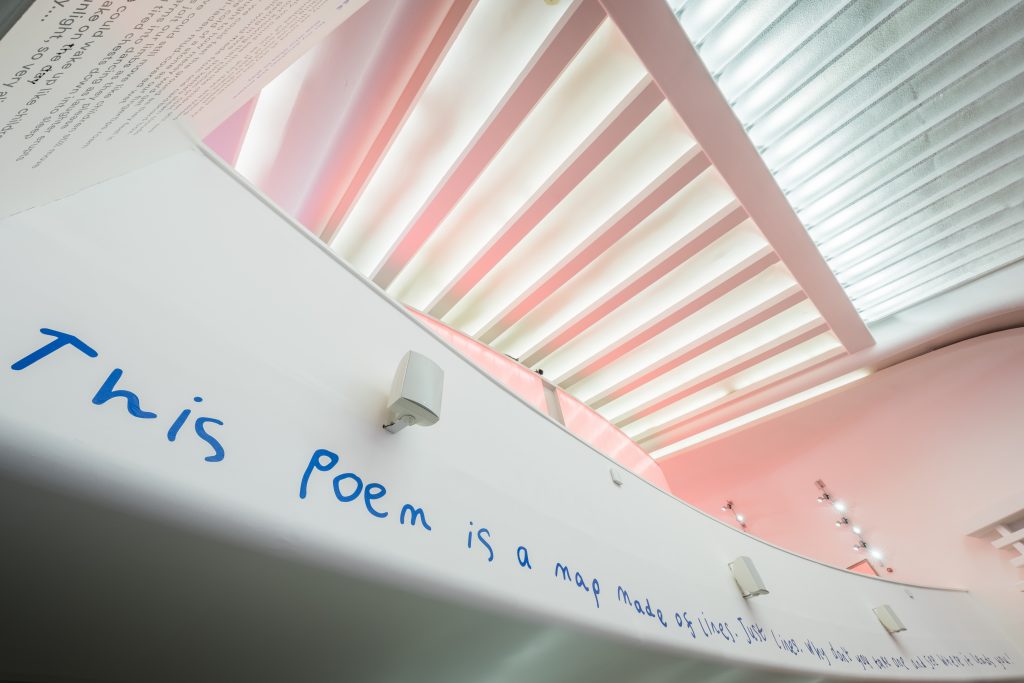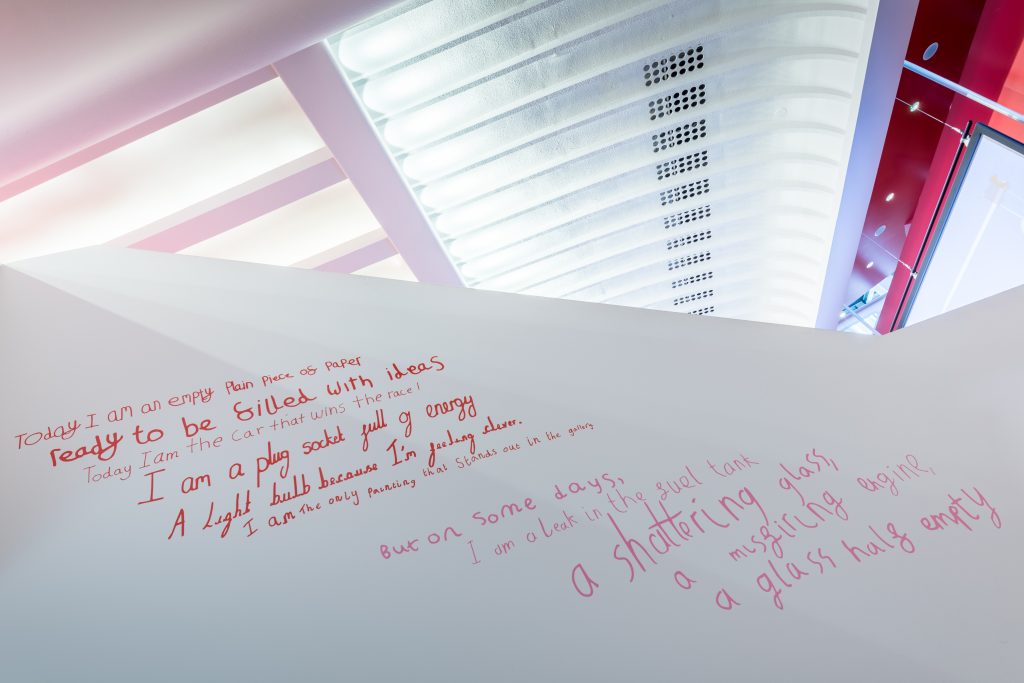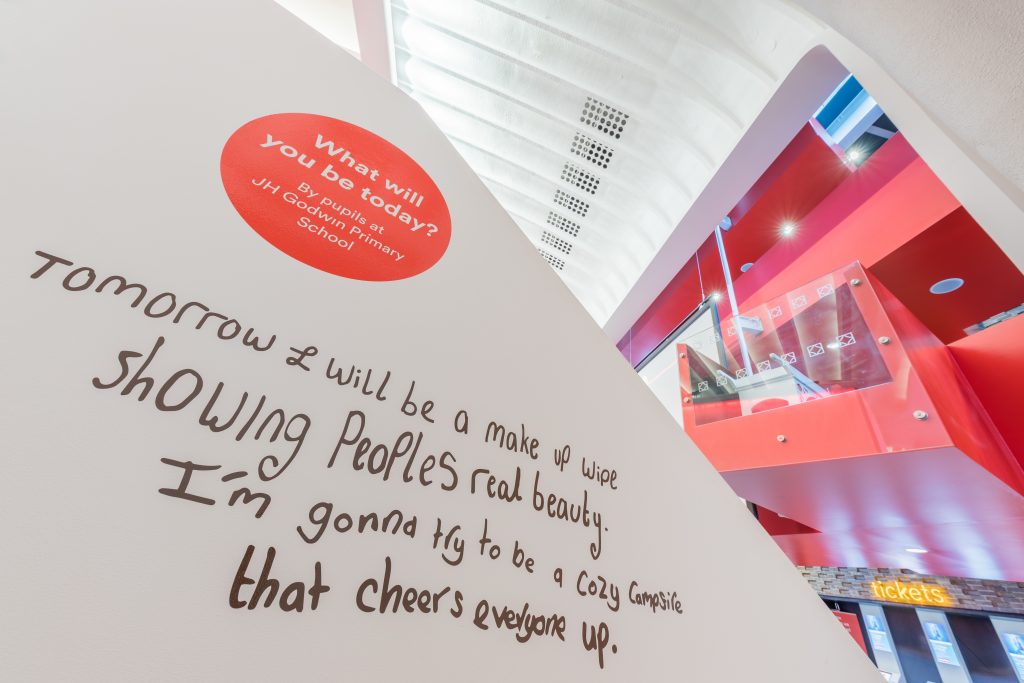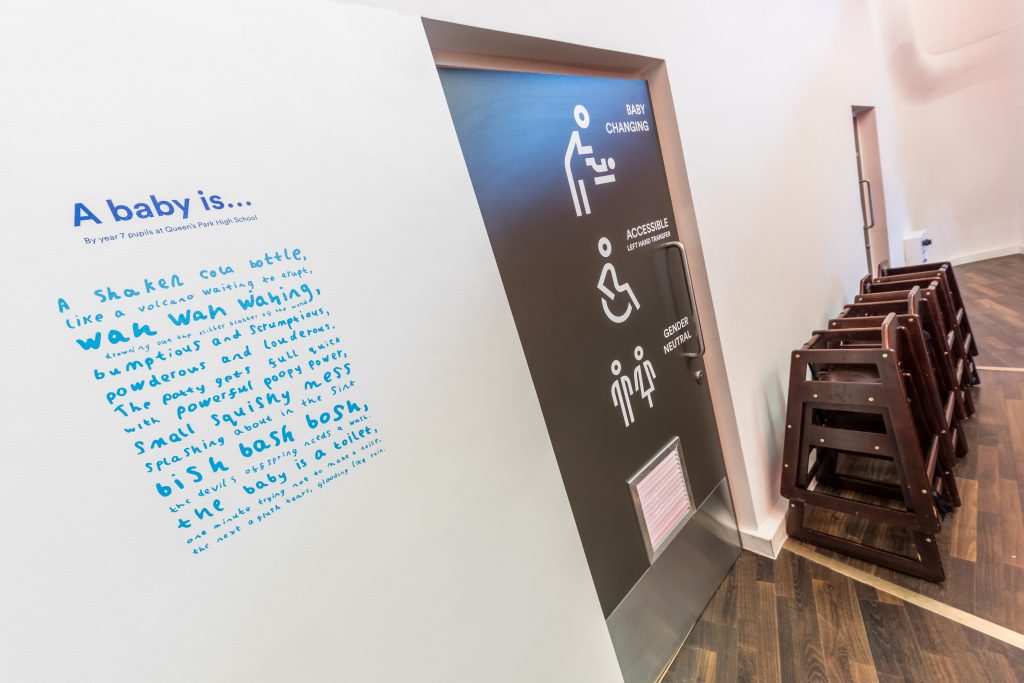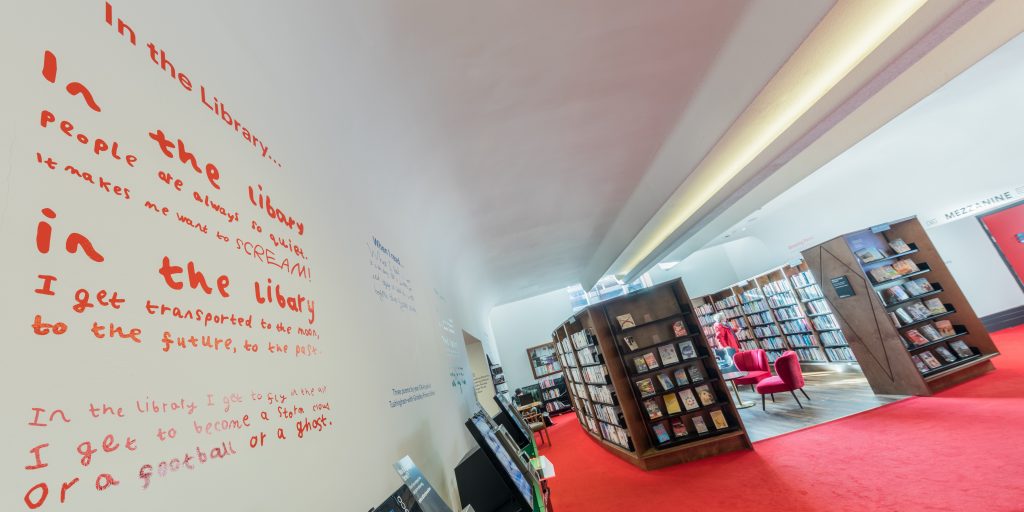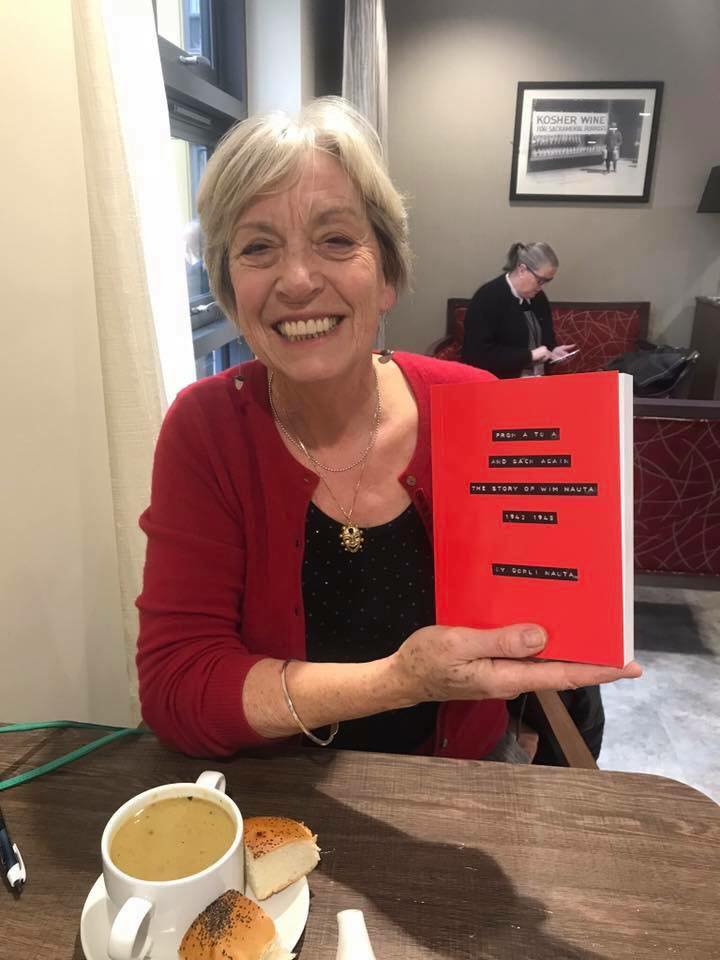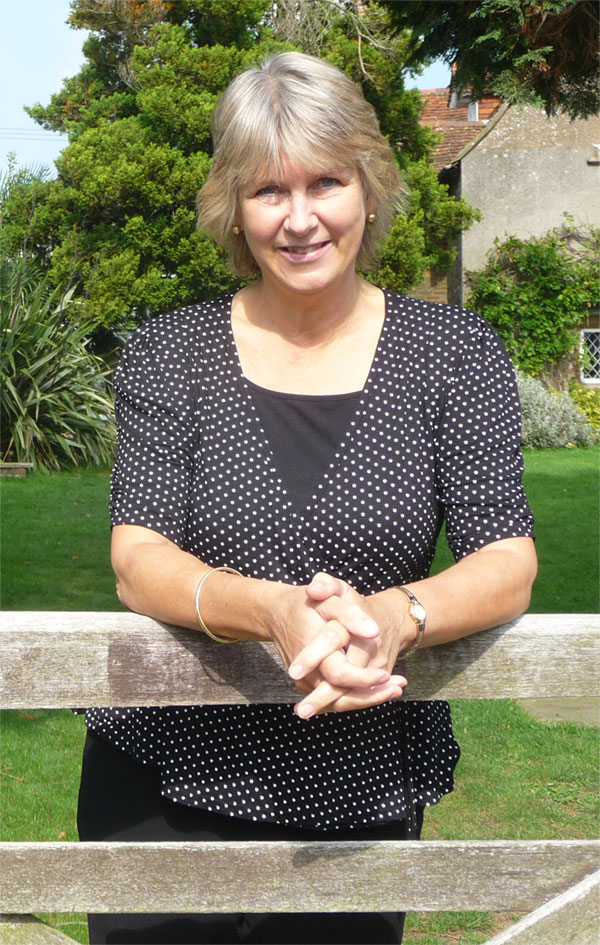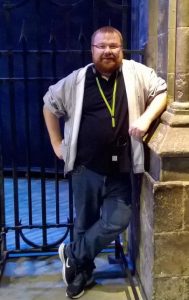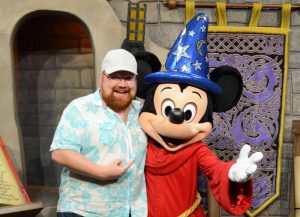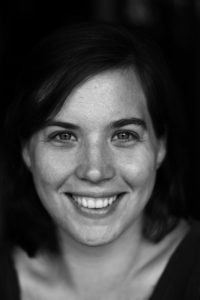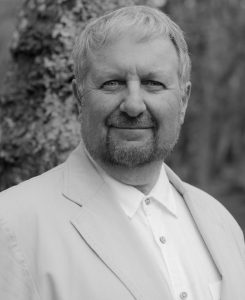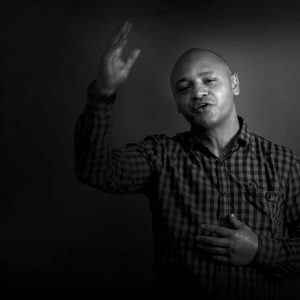
Affinity with words has been part of me since trying to decipher little card cut words given by a teacher; but my journey into poetry began in 2002 when something changed the course of my life as surely as a strong tiller on a lightweight boat, or piece of driftwood caught in a strong current.
Before that I was as a sycamore seed spiralling every which way in winds. What happened caused my ship to sail with purpose and a seed to become grounded and begin a process of growth, along with an overpowering desire to share. I had to write it down, so started my education to learn to imbue words with essence.
At that time a teacher asked me to enter the annual Koestler Awards. I believed I could never win anything; however, months later I received a commendation.
I continued reading and writing veraciously trying to express. I studied the Writers’ Yearbook and began entering competitions. I wrote plays, stories, and, of course, poetry.
Over the years I grew in wielding words and advanced to writing poetry for life occasions such as memorials, love, weddings, birthdays, and therapy for myself and others. Once taken on board words have dramatic outcomes.
Over the years I recited poetry and it sounded OK, but I did not have confidence. To gain confidence I had to step beyond my comfort zone, and it was terrifying at first, being laid bare; however, each moment beyond myself was growth.
Now I perform poetry to share experience, feeling, insight, laughter, confidence, understanding, healing, solace, to highlight and show that despite tendencies to look at differences, underneath we are all much the same.
I compose and perform poetry as it is challenging and enjoyable.
My journey into performance poetry began in 2015 when being birthed out of a womb of darkness with a heart beating didactic rhythms drummed into conundrums under thick skin, while in a glum prison cell, until overcoming and no longer succumbing to perpetuating cycles spiralling paths into futures. From a past that I call a hell.
It began when my voice was set free to soar and tell, my story.
In the beginning I submitted stories, poems, and articles into competitions (the free ones) and achieved a Platinum Award for the poem ‘To Score’ with Koestler Trust. This was read at London’s Royal Festival Hall. I also achieved publication with EnglishPEN with my short story ‘Accept My Freedom’.
After later winning another Platinum with Koestler for a novel featured in the Arrow in the Blue Exhibition at Birmingham Museum and Art Gallery and being published in poetry anthologies by Inside time National Prison Newspaper, with forwards by Carol Anne Duffy, Will Self, and Andrew Motion, I gained belief in my ability to write; however, not so much in ability to perform, so I began speaking poetry. At the same time I was aware that there is no substitute for experience.
With the above in mind, I joined a poetry group and began performing in streets, open mics, and events. Every opportunity to perform, I took it.
Launching an event with the concept of home being explored at the National Theatre in London was a great experience and learning curve; however, while at the top of the curve, I saw there was much to learn.
From then I performed as a roaming poet to the public in Stoke-on-Trent as part of festivals, exhibitions, and events highlighting Stoke-on-Trent’s capital of culture bid. Then later produced, performed, and recorded a themed poem titled ‘Fierce’ in association with a radio station and youth movement. Alongside this I performed spoken word in young offender institutions, schools, and colleges on rehabilitation, self-identity, and positive belief.
To keep myself striving to be better, I often take part in poetry slams as the competitive edge is exciting. To date I have been a finalist on several occasions and have won a slam; however, winning another seems like the dream I tried to remember yesterday – it is gone, well, until the next one tomorrow.
Writing the entirety of the Whats and Wheres of performances would take longer than a piece of string, but some of the highlights are the London’s St Ethelburga’s Centre for Reconciliation and Peace event ‘Beyond Bars’ – an arts festival showcasing experiences and problems of punishment through different forms of expression.
Performing on the main stage at Stoke-on-Trent’s ‘Six Towns One City Carnival’ was awesome and definitely a highlight, along with developing a play titled ‘Reflection’ using spoken word, which was performed in Stoke-on-Trent. The play uses drama and spoken word to highlight internal struggles and what it takes to overcome and achieve freedom.
With a didactic heart still beating and discoursing essence within my poetry, I recently wrote, performed, and created a video with the title ‘I Am Unstoppable’, soon available via Just Kindly.
To date, my journey takes me to creating a piece on the imminent demolition of a shopping centre and bus station in Hanley, Stoke-on-Trent and a piece responding to clashes of left wing groups on the streets of England.
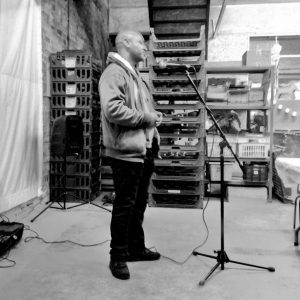
The thing I love about poetry is the different forms of expression used to convey what we transpose and define in words from abstract thoughts, feelings, emotion, and experiences. Because poetry has taken me on a journey of wisdom, knowledge, understanding, healing, and growth, I now realise the entire universe and everything in it is poetry, and at times I either love it or hate it. So, I guess me and poetry have a love-hate relationship, although I will always return home after arguments to rest and embrace the Word.
For the very same reason of why I love poetry, much of my work is aimed at healing, teaching, and simply sharing a joy of poetry and life.
I am conscious of a difference between page poetry and performed poetry so I will share a few poems. The first is titled ‘Redeeming Word’, and whilst I have never read it out or published it, it is one on my favourites, because within or beyond words, my journey with words can be slightly grasped.
Redeeming Word
Using word as key to innermost,
unlock doors, bend bars of hearts,
Plumb the depths and delve chasms
and fissures of mental scars.
Open shutters, air out rooms,
And let lights luminescence
Illuminate gloom to blooms.
Waft hands through dust
disrupt cobwebs,
roll rocks away from tombs.
Rise again no longer buried by baggage,
and a prisoner of excess.
Climb cliff face to racing hearts higher heights,
Rising until fingers crest
and caress a blessed lip of plateau,
and certainty of sure foots foundation,
amidst gusty gales furious breath.
Then let constellations of words guide
to where willow groves no longer grieve
over the sacred tranquil pool of your soul
and submerge into essence of eternity
becoming bound by beauty’s blessed halo,
IN YOU.
The second poem is titled ‘How Can I Explain’. This spoken word poem is to highlight and express the experience of prison.
How can I explain
How can I explain the pain of a prison gate’s gaping maw opening and closing with a soul shaking finality,
a finality resounding fearful thoughts, to echo screams off walls along dark corridors of my foreseeable future,
where life-giving umbilical cords are cut within cold solitary cells of confinement with a vacuuming emptiness sucking life from my bones.
How can I express the short sharp shock of being birthed to emerge into numbers I can never forget, where every day I regret having to recollect
deceptively disguising weakness,
or fearing a broken rule to become sleeplessly
angry at things spiralling way out of control,
out of control in a place of mental scars, bars, fences, walls,
all whispering wisdoms if only I bow down,
If only I bow down to be bound and become part of a dark heart didactically expressing,
symphonies of constantly rioting bells,
mental tolls and pounding feet and blows,
death throws headlocks, pool balls in socks,
heavy steel doors, deafening locking clicks,
despairing silence as life’s clock ticks,
the silences between angry pent-up breaths,
and the silences after swans songs I sang when bereft.
How can I explain?
How can I express pretending happiness on contactless visits and becoming cold and cautious with heart’s desires crushed underfoot like cigarette butts, more than once.
Or the dying inside as I reside in limbo while silently screaming and reaching for close ones who are finally giving up on the family ghost, until ghosted.
How can I explain the pain of infected gums and emergency bells repeatedly pressed and no one comes,
or the sound of officers heaving hung friends down to be bound in body bags when just the other day they bounced around,
not so happy go lucky.
And,
How can I explain being labelled faceless by leaders quoting, ‘The thought of prisoners voting makes them physically sick’. So that bill of my time for my crimes will continue to chime along society’s perception of my life line, indefinitely,
But,
It’s my life. My love, my one chance to live.
It’s my gift from God!
and what about my family who need me?
How can I explain hopes and dreams being snatched away
in a place you cannot cry or dream or say simple words like,
I love you,
you’re beautiful,
you’re wonderful,
without an implacable darkness descending to smother
where I have to discover holes in which to squeeze
just to breathe or draw imaginary poles to pole-vault over towering walls and leave,
Just to find the sanctuary of a sacred place under shady trees.
How can I explain?
The third poem is entitled ‘Second Wind’. The inspiration came after being a prison poet and writing poems for men going through break-ups and losing relationships. After a number of suicides, I wrote this.
Second Wind
I wrote to you a while ago
You probably sensed the gloom
Of pain and anguish coming from
A solitary room.
I wrote in verse it is my want
To set things down that way
So in times of sadness and of doubt
I will read it back some day.
And read it back I did today
But it never made me smile
I can’t change the way I feel
I miss you all the while.
it’s been a month and still no word
no letter card nor call
if I can’t have you there’s no sense
in living life at all.
So the demons raged and battled on
They spun around my head
I can’t forget our arms entwined
And those loving words you said.
So with nothing left to carry on
No faith, no love, no hope,
I thought of ways it could be done
With sharpened blade or rope.
Instead I knelt beside my single bed
and prayed to God above
then He revealed the meaning
the real meaning of love.
So I took the verse I wrote to you
And held it tightly in my grip
Slowly tearing it down each side
I took pleasure in the rip.
Can anybody comprehend
What it does to your health?
It’s best by far to kill a poem
Than it is to kill oneself.

The fourth poem, ‘Coinage of Time’, was written during a short stay in Strange Ways prison in Manchester. At the time I was twenty-one years of age and found HMP Manchester very daunting.
Coinage of Time
I look out of my window
and dream what I should see
cloudless skies and butterflies
in a place I long to be.
There’s a meadow full of colour
which shady trees surround,
with a river running through it
where ducks and geese abound,
grasshoppers click amongst the reeds,
swallows soar before they dive,
this is where I long to be,
where the whole world is alive!
But all I see is rooftops,
of some distant city street
and I can only glimpse of them
by standing on a toilet seat!
Four small walls enclose me,
payment for my deeds done,
still I will go on dreaming,
for I know my time will come.
The fifth poem is one I wrote sitting beside my brother’s hospital bed in a critical care unit when he was in a coma. I simply call this, ‘Bro’.
Bro
In tune with assisted breath
I look beyond tentacles
penetrating arteries,
past monitors measuring
and weighing not just life,
but my love.
In rhythm with shared memories
written on your face
I close my eyes and remember,
laughter,
and smiling.
Shuffling hush and beeping
makes my heart beat faster
than love seemingly in peace,
though as legs twitch,
I know somewhere,
in there,
within your comatose state,
perhaps you converse along the family line,
talking of bar tabs casting long shadows
from generation to generation,
or relive hardships overcome
and beauty of sons and daughter,
as you walk or run within hot sun.
No words leave my mouth,
but my thoughts carry the weight
of so much feeling,
they descend and rest upon your face
penetrating conversations with family,
or walks with you under the sun
through hardship overcome
and into your becoming.
Do you chase voices in corridors
lining visages of the past.
Do you dream of whispering to people,
and they,
hearing loudly.
Do you see beyond to the broken
spoken words to famliy trees,
deeply rooted intertwining DNA.
Do you feel each glistening tear
travelling down landscapes
to be beside you,
Here.
I hum a song,
hoping to drown familiar sounds
into your dreams,
hoping you hear this song of peace
with your soul.
Galaxies beyond these beeping sounds
and shuffling hushed tones
of nurses
and doctors,
Can you hear me, bro.
Recurring themes cropping up in my poems are the human condition, spirituality, learning, mental illness, self-belief, inspiration, and edification, because without the above my poetry would be lip service and a clanging cymbal in a vast wilderness.
If I could change one thing in the world it would be Donald Trump, but I am only one voice – unless you would like to join me in campaigning?
I am inspired by people expressing altruism. For years I explored the concept of altruism, and many said there is no such thing, but genuine kindness and free expression inspires hairs on my bald head to curl like phantom limbs.
I have had some ups and many downs, but the best times were when my daughter was born and I became Superman running home without my feet touching the ground, and when watching the sunrise, mist on the ground and cows mooing in the countryside, I find peace.
At the moment I am reading a book by Joelle Taylor entitled Songs My Enemy Taught Me. Joelle Taylor is an inspiring poet with whom I identify immensely because Joelle Taylor speaks poetry from her heart and puts herself entirely into her performances.
What plans do I have? To simply be who I am, deliver workshops, coach, collaborate with projects, write, perform, and eventually write a few books.
Jason’s Website
Twitter
Facebook
